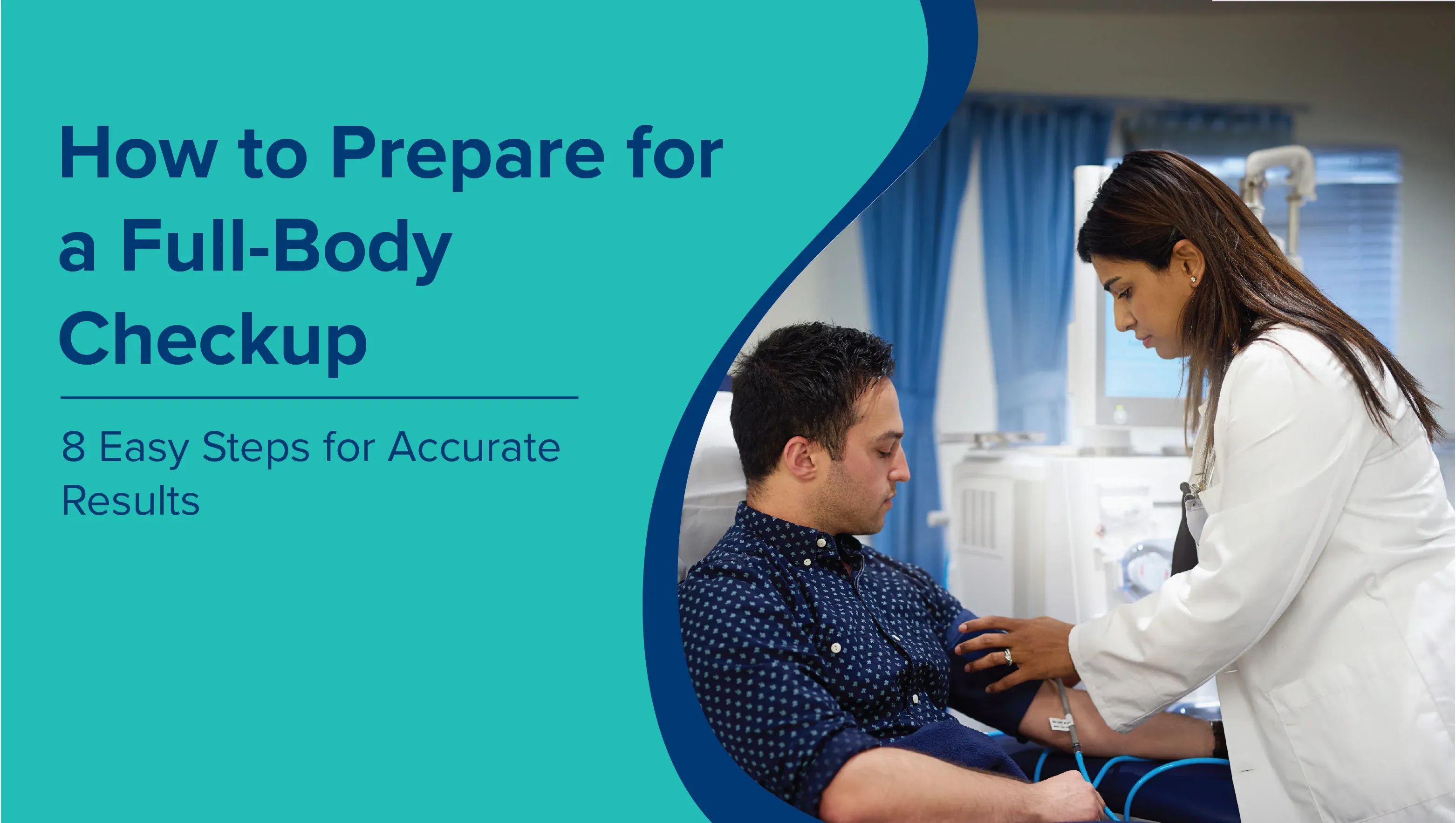Caring for elderly loved ones at home is a rewarding yet delicate responsibility that requires more than just meeting their basic needs. It’s about creating a safe, respectful, and compassionate environment that supports their independence while ensuring their well-being. In this article, we’ll explore the key aspects of elderly care at home, including daily care needs, home safety tips, and when to consider professional 24-hour home care services. Let’s start with understanding the basic needs of elderly people.
Daily Care Needs of Elderly People
- Personal Hygiene: Assistance with bathing, grooming, dental care, and toileting helps prevent infections and maintains self-respect.
- Mobility Support: Many elderly individuals need help walking, moving between rooms, or transferring from bed to chair safely.
- Medication Management: Timely administration of medicines, monitoring side effects, and managing prescriptions are critical for those with chronic illnesses.
- Nutrition and Hydration: Preparing healthy meals, ensuring proper hydration, and monitoring appetite play a vital role in their overall wellbeing.
- Companionship and Mental Engagement: Simple conversations, hobbies, or gentle activities help reduce feelings of loneliness and cognitive decline.
Tips to Ensure Safety and Comfort at Home
- Fall-Proof the Home: Clear walkways of clutter, secure rugs, and remove loose wires to minimise tripping hazards.
- Install Support Aids: Handrails in bathrooms, anti-slip mats in the shower, and grab bars near toilets can provide crucial stability.
- Ensure Proper Lighting: Use bright, non-glare lighting in hallways, stairs, and bathrooms to improve visibility, especially at night.
- Adjust Furniture for Accessibility: Choose chairs with armrests and beds at an appropriate height to make sitting and standing easier.
- Organise Essentials Within Reach: Place frequently used items, medicines, water, phone, remote, within easy access to avoid unnecessary movement or strain.
When to Consider 24-Hour Home Care?
While many elderly individuals manage well with part-time assistance, certain situations call for continuous, round-the-clock care. Here are some key indicators that 24-hour home care may be necessary:
- Progressive Memory Loss: Seniors with advanced dementia or Alzheimer’s may forget to eat, take medication, or recognise familiar surroundings, requiring full-time supervision.
- Recent Surgery or Hospitalisation: Post-operative recovery often involves medical support, mobility assistance, and frequent monitoring, especially in the initial weeks.
- Bedridden or Limited Mobility: Those who are unable to move independently may need continuous help with repositioning, hygiene, and feeding.
- Chronic Illnesses with Complex Needs: Conditions such as stroke, advanced diabetes, or heart disease may demand frequent monitoring and medical intervention.
- Frequent Falls or Accidents: A pattern of falls or confusion may suggest that it’s no longer safe for the individual to be alone at any time.
24-hour home care also ensures that help is available at all times, whether for medical needs, personal assistance, or simply peace of mind.
Choosing the Right 24-Hour Home Care Services
When the need for round-the-clock support arises, selecting the right home care provider becomes crucial. Here are a few key factors to consider when selecting one:
- Qualified and Trained Staff: Ensure that the service provides certified nurses or experienced caregivers capable of handling medical and non-medical needs.
- Customised Care Plans: Look for services that assess the individual’s condition and design a plan tailored to their health requirements and daily routine.
- Shift Coverage: 24-hour care can be provided in rotating shifts or as live-in care. Choose a setup that suits your home environment and the patient's needs.
- Emergency Support: Check whether the service has protocols in place for handling emergencies and if there’s medical backup available.
- Transparent Communication: Regular updates, caregiver logs, and open communication channels help families stay informed and involved in their loved one’s care.
How Professional Nursing Care Supports Families
Professional nursing care can ease this burden, offering families both relief and confidence in the quality of care being provided. Here’s how professional support makes a difference:
- Medical Expertise at Home: Trained nurses can handle injections, wound care, catheter management, and monitor vital signs, all within the comfort of home.
- Reduced Caregiver Burnout: Sharing responsibilities with a professional allows family members to rest, work, or manage other priorities without guilt or stress.
- Consistent Routine and Monitoring: Regular care helps maintain stability in medication schedules, hygiene, and nutrition, ensuring better health outcomes.
- Emotional Support for Seniors: Having a dedicated caregiver can offer companionship and reduce feelings of isolation or dependence.
- Emergency Readiness: Nurses are trained to act quickly and appropriately during sudden health issues, which can be life-saving.
Supporting Ageing Loved Ones with the Right Care at Home
Caring for elderly family members at home is a commitment rooted in love, but it also requires patience, preparation, and the right kind of support. From meeting daily care needs to ensuring a safe and nurturing environment, home-based elder care can significantly improve quality of life, for both the seniors and their families. When the need arises for round-the-clock attention or specialised medical support, professional services can make all the difference.
MaxAtHome offers 24-hour nursing care and experienced caregivers to support elderly patients in the comfort of home. To book a service, call 09240299624 or use our online booking platform, and let us help you care for your loved ones with compassion and expertise.
Frequently Asked Questions
Q: What’s the difference between a caregiver and a home nurse?
A caregiver assists with non-medical needs such as bathing, feeding, and companionship. A home nurse is medically trained and can provide clinical care such as wound dressing, injections, and vital monitoring.
Q: How do I know if my elderly parent needs 24-hour care?
If they have frequent falls, memory issues, are bedridden, or need constant medical monitoring, 24-hour home care may be the safest option.
Q: Can home care be tailored to specific health conditions?
Yes. Professional services often offer personalised care plans based on conditions like stroke recovery, dementia, diabetes, or post-surgery needs.
Q: Is it safe to leave an elderly person alone during the day?
It depends on their health status. If they’re mobile, alert, and independent, a few hours alone may be fine. But those with memory loss, limited mobility, or health risks may need constant supervision.
Q: How can I make home care more comfortable for my elderly loved one?
Set a consistent routine, involve them in daily decisions, adapt the home to their mobility needs, and ensure emotional support through regular interaction or companionship.















